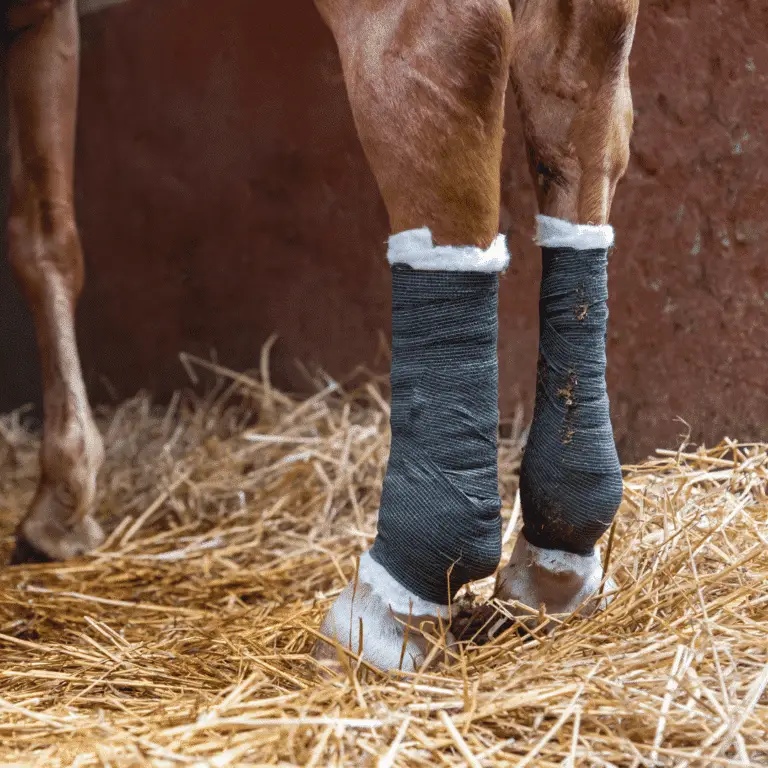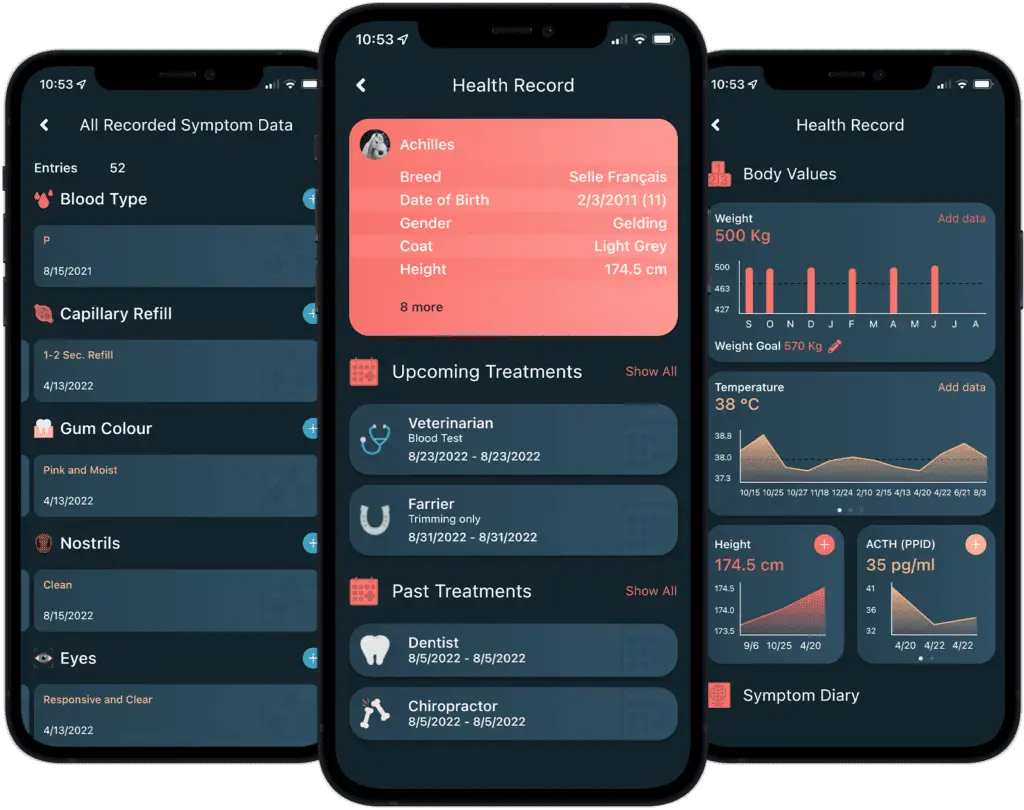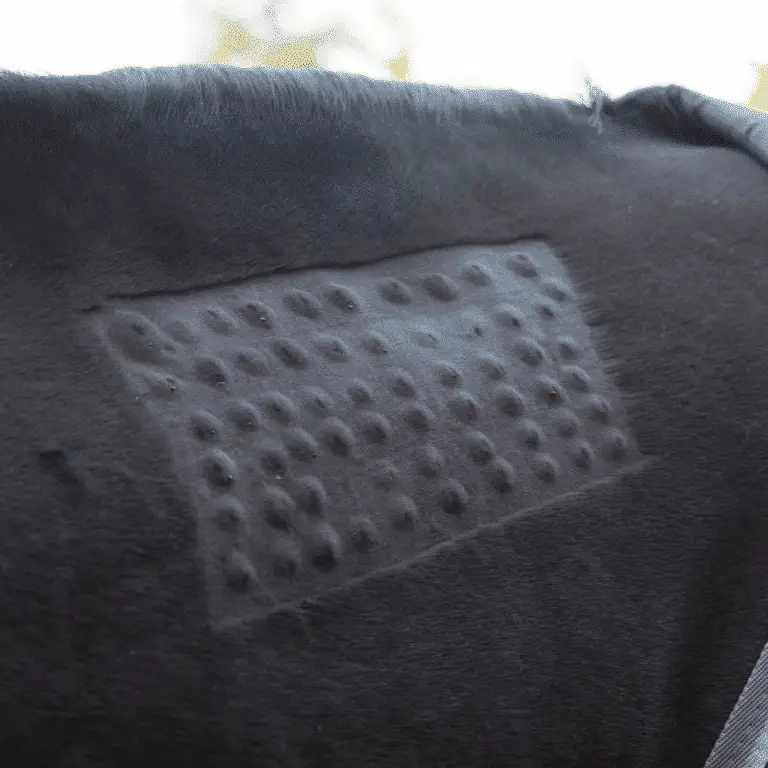
Rheumatoid Arthritis
Rheumatoid Arthritis in Horses Seek veterinary advice before applying any treatment Rheumatoid arthritis is an autoimmune disease affecting the joint

Seek veterinary advice before applying any treatment
An allergy is an exaggerated response from the immune system to a substance in the environment, called an allergen. Allergic reactions are extremely common in horses, whose immune systems can overreact or become hypersensitive to things they touch, inhale, eat, or that are injected into them. Think insects, hay dust and mold, tree and grass pollen, products such as fly spray or shampoo, and drugs such as IM penicillin. The two most common sites for allergies to appear are the skin (hives, itching) and the respiratory system (coughing, nasal discharge).
Treatment strategies focus on minimizing the presence of the allergen and influencing the immune system to restore balance. Common treatments include:
Environmental management: if you know what your horse is allergic to from an allergy testing profile then you can minimize his/her exposure to specific irritants. General recommendations to decrease irritants revolve around fly control and dust control, both of which will add fuel to the fire of an overactive immune system.
Diet change: While food allergies are not common. Atrial diet can help assess the contribution of diet to an allergy response.
Medications: steroids, which may be used to help suppress the immune system, and antihistamines, since histamine is key molecule in the allergic response. Supplements: Some supplement ingredients can help support the body’s immune system. Horses with allergies may benefit from supplementation of Omega3 fatty acids, in addition to good quality hay or pellets and a vitamin/mineral.
Minimize the horse’s exposure to specific irritants. General recommendations to decrease irritants revolve around fly control and dust control.
Supplementation of Omega3 fatty acids, in addition to good quality hay or pellets and a vitamin/mineral.

Digital health management offers numerous benefits in modern equine healthcare.
With the Happie Horse App, you can track symptom patterns and body values, such as Temperature, Pulse and Respiration. Allowing you to notice abnormal changes in body and behaviour early on, leading to more successful treatments.
The Happie symptom checker allows you to add all of your horse’s abnormal symptoms in order to present potential causes and diseases.

Rheumatoid Arthritis in Horses Seek veterinary advice before applying any treatment Rheumatoid arthritis is an autoimmune disease affecting the joint

Systematic Lupus Erthematosus (SLE) in Horses Seek veterinary advice before applying any treatment Equine systemic lupus erythematosus (SLE) is a

Equine Allergy Seek veterinary advice before applying any treatment An allergy is an exaggerated response from the immune system to